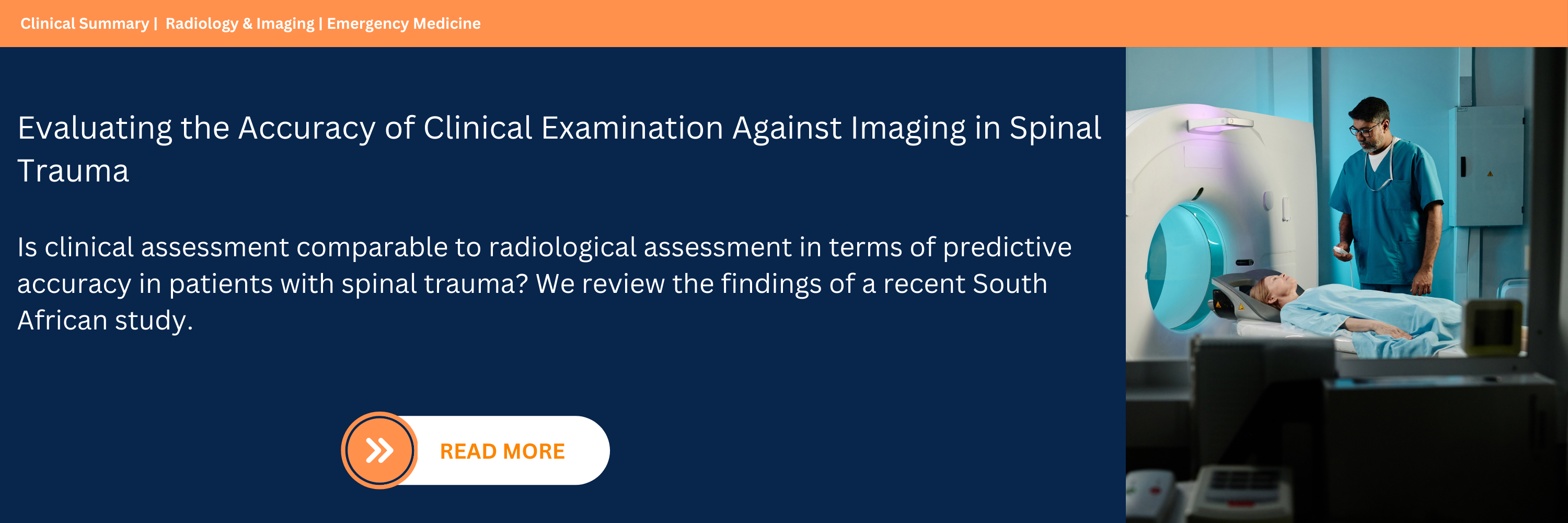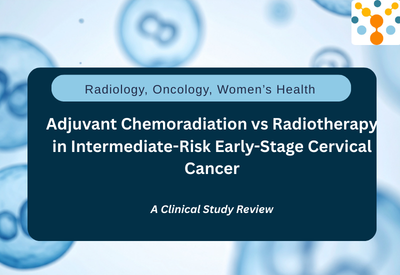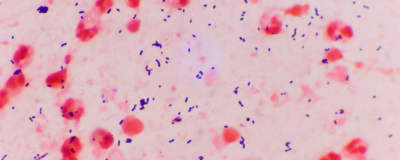The Medical Education Network

Women's Health, Maternal Wellbeing
Maternal Wellbeing: Risk-Stratified Early-Term Birth Reduces Term Pre-Eclampsia
Time to read: 02:05
Clinical Research Summaries
About the Medical Education Network
About Us
The Medical Education Network is an independent, free-for-use resource for healthcare practitioners in sub-Saharan Africa.
We provide a range of quality clinical information sourced from peer-reviewed journals and original articles to facilitate continued medical education and knowledge sharing.
If you would like to be involved with our programs or contribute to our site, please contact us
Our Policies
Your information and the quality of our content are important to us.
Our policies are listed below. If you have any concerns, please contact us
Privacy Policy
Acceptable Use Policy
Cookies and how we use them
General Information relating to your data
Fact-Checking and General Content Disclaimers
Contact Us
Sign-up for our Newsletters
General Site Queries
Advertising & Sponsorship Queries
Contributors & Authors
Follow us on our Social Media platforms





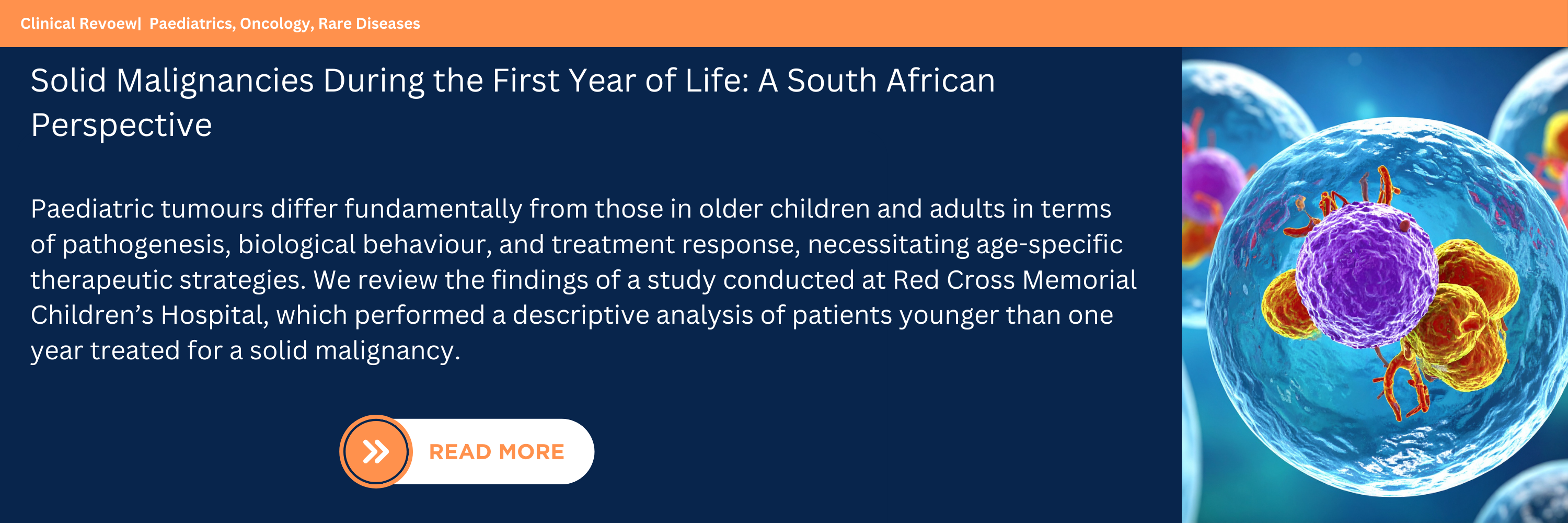

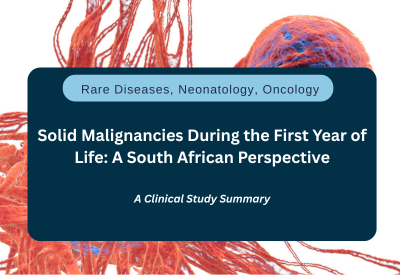

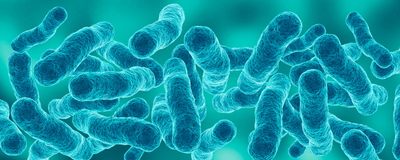





.png)
